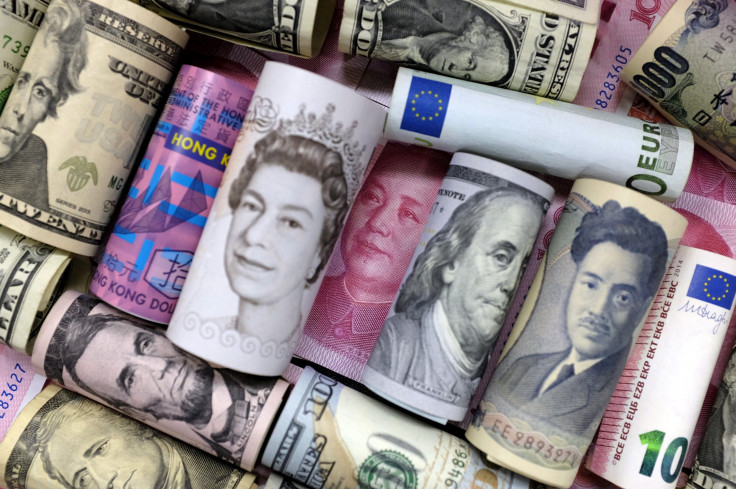China Stats Bureau Chief: No Basis For Yuan Depreciation

China's statistics bureau says there is no basis for yuan depreciation given China's solid economic fundamentals and reiterates the Chinese government's confidence in the stock market.
Video Transcript:
China's statistics bureau said on Tuesday (January 26) that there was no basis for yuan depreciation given China's solid economic fundamentals.
"Changes in China's yuan exchange rate were affected by U.S. policies of strengthening the dollar. I should say it's a direct effect. One (effect) is from a stronger dollar, but the other, is from the fact that the domestic economy is facing downward pressure," said Wang Baoan, chief of the National Bureau of Statistics, during a news briefing in Beijing.
A sustained depreciation of the yuan exchange rate could fuel capital outflows, Wang said.
"Another point is that the depreciation of the yuan might fuel capital outflow. Aggravating a portion of the foreign currency debt for industries, when severe, could possibly affect the pace of the internationalization of the yuan," he said.
Wang reiterated the Chinese government's confidence in China's stock market, and that the impact from stock market volatility on the economy could be limited.
"We should say that we are full of confidence for the growth and operation of China's stock market," Wang said.
"I think that the stock market isn't that different from the currency market. Its fluctuations could have an impact, but that impact is not that big, because from our accounting system, that proportion is not that big," he added.
Chinese shares plunged more than six percent to 14-month lows on Tuesday after oil prices dropped again, reviving concerns about global growth and prompting a sell-off in the world's equity markets.
China's central bank has jolted global financial markets twice in six months by allowing sharp, sudden slides in the yuan, only to step in aggressively to stabilize it.
Not long after the news conference, the Central Commission for Discipline Inspection, China's graft watchdog, announced that Wang was under investigation for "severe violations of discipline".
© Copyright IBTimes 2024. All rights reserved.











